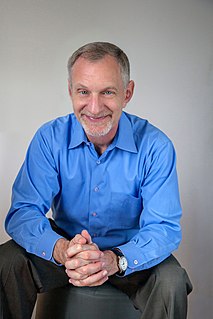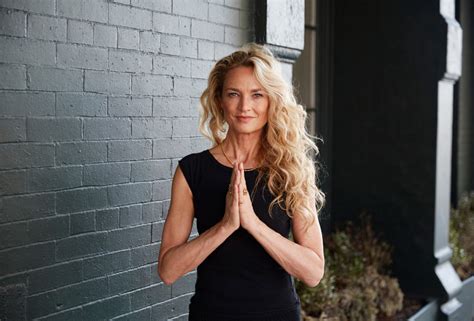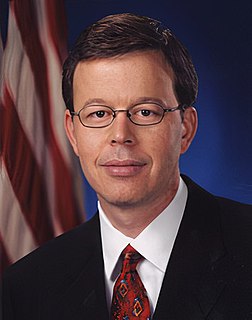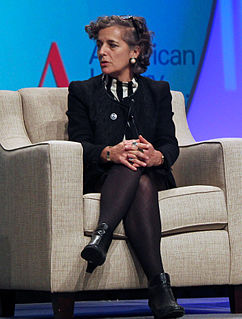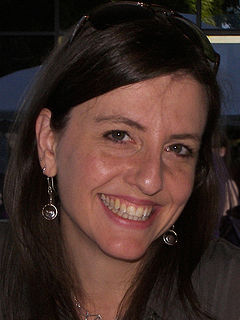A Quote by Robert J. Waldinger
More than half of the complaints that patients bring to their doctors are emotional in origin. Most often, they include troubled or absent connections with loved ones.
Related Quotes
People and organizations other than doctors increasingly are assuming power to decide which medications to prescribe or procedures to undertake. More and more, decisions about personal healthcare are no longer made by the treating physicians in consultation with their patients, and based on the doctors' expertise.
Doctors should recognise the importance of the five human values; Truth, righteousness, Peace, Love and Non-violence. Love is the basis for all the other values. Doctors can infuse courage in patients by the love they show towards the patients. If doctors carry out their duties with love they will be crowned with success.
Often, we separate intellectual discourse from emotional reaction. But I take such genuine pleasure in things that are intellectually well architected. It's definitely an integrated experience for me. Much more than any kind of cheap, emotional pulls that you get in popular culture, when I read a sentence and it's beautifully written, it can bring me to tears.
We sometimes think that the best doctors are the ones who have the most specialized knowledge or the fanciest degrees, but in fact, study upon study, including one published in the 'New England Journal of Medicine,' show that the best doctors are the ones who also know how to connect with their patients.
